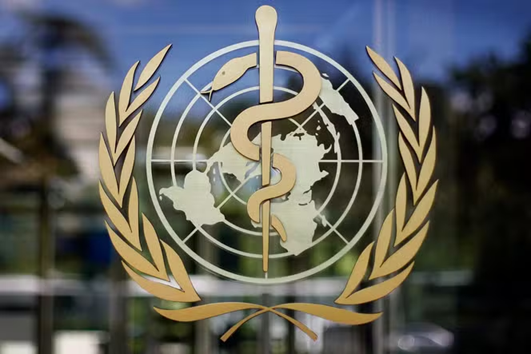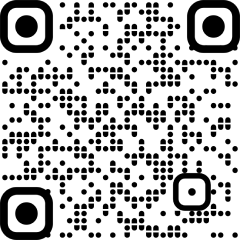[ad_1]

New Delhi: WHO has introduced a new module dedicated to traditional medicine conditions in its 2025 update to the International Classification of Diseases, marking a monumental step in the systematic tracking and global integration of traditional systems of healthcare practices, the government said on Wednesday. The Ayush Ministry said this update follows the successful year-long testing and deliberations after the launch of International Classification of Diseases (ICD)-11 TM-2 in January last year for Ayurveda, Siddha and Unani systems of medicine for country implementation testing.
“This groundbreaking inclusion of traditional medicine in WHO’s internationally recognised health framework ensures that traditional health systems of Ayurveda, Siddha, and Unani are officially documented and categorized in ICD-11, alongside conventional medical conditions. This elevates their status in global health reporting, research and policymaking,” it said.
Vaidya Rajesh Kotecha, the secretary in the Ministry of Ayush, said, “The release of the ICD-11 update 2025 represents a significant step toward global integration of traditional medicine, specifically Ayurveda, Siddha and Unani.”
By allowing dual coding and improving data collection, this update fosters evidence-based policymaking, enhances patient care and supports the inclusion of traditional medicine in national healthcare strategies, promoting holistic and inclusive healthcare worldwide, he said.
This update also paves the way for traditional medicine’s global integration and empowering evidence-based integrative healthcare policies that embrace holistic wellbeing, Kotecha said.
Dr Robert Jakob, the Team Leader of WHO’s Classifications and Terminologies Unit, said, “With the new updates, ICD-11 offers more ease of use, improved interoperability and accuracy which will benefit national health systems and the people they serve.”
The Ayush ministry said the introduction of the ‘Traditional Medicine Conditions’ module in ICD-11 is a major step toward acknowledging the vital role of Ayurveda, Siddha, and Unani in the modern healthcare landscape.
This move aligns with WHO’s mission to promote universal health coverage and sustainable development goals, recognising the therapeutic potential of these systems alongside contemporary medical treatments, it said.
This new module allows healthcare providers to use dual coding for both traditional and conventional medicine diagnosis, enabling comprehensive data collection on the use and effectiveness of traditional medicine practices, the government said.
By formally categorizing these systems, WHO is facilitating a structured way for researchers, policymakers and healthcare providers to systematically track and assess the impact of traditional medicine in health systems worldwide, it said.
By systematically documenting traditional medicine practices, WHO has created a platform for enhancing both the visibility and credibility of Ayurveda, Siddha, and Unani on the world stage, the ministry added.
[ad_2]
Source link




